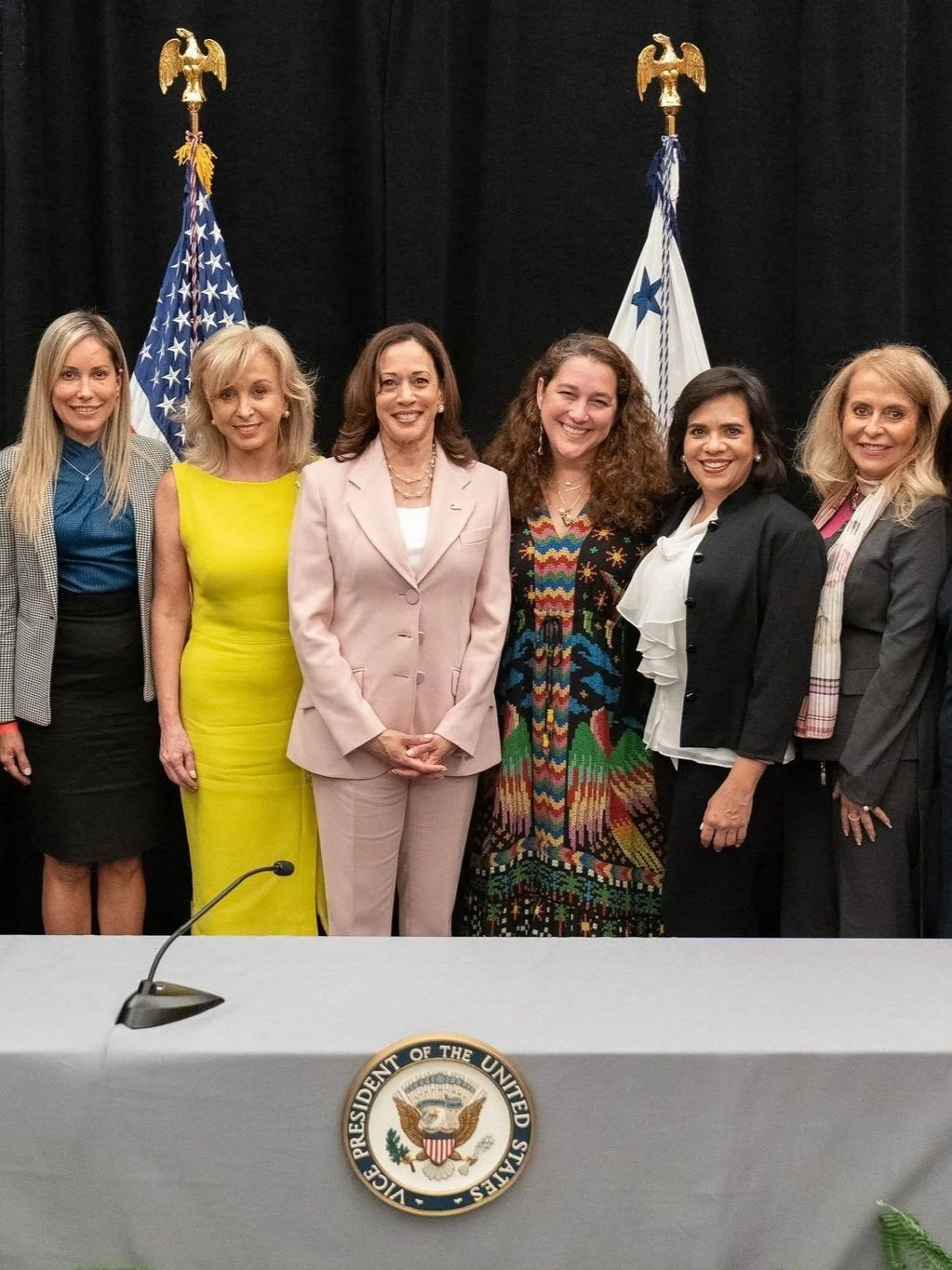The debate today around the staging of runway shows has seen many eschew the once traditional model. Their value has been questioned by certain designers, many of whom have since decided to use other means to promote their brands, and the Swedish Fashion Council took the decision to cancel Stockholm Fashion Week this season, citing the need to find a more sustainable alternative to the industry showcase. However, in Finland, where Helsinki Fashion Week has been championing sustainability since its inception, the event is flourishing. Fashion is seen as a global platform which can help highlight the environmental challenges we are facing, and the capital’s event an opportunity to unite industries and re-unite the fashion industry around a new sustainable mindset.
Founded by Evelyn Mora, a producer and fashion photographer, Helsinki Fashion Week is unique in that not only does it showcase international as well as domestic design talent, but it was the first dedicated to sustainable fashion brands. And in addition to the fashion on show, the six-day event, which takes place in a self-sustaining Eco-Village, boasts panel talks, workshops, exhibitions and seminars, which this year explored developments in bio-materials and closed loop technology, and encouraged sustainability-focused partnerships between academic, commercial and governmental organizations via its ‘Bio-Playground’ initiative.
For SS20, the focus on the runway was once again on sustainable designers and brands from across the globe, selected based upon their efficient use of resources and innovative sourcing of materials. But upping the eco-credentials further, organizers decided to limit invitations this year to those whose collections are made from non-animal-derived leather.
From the diverse range of designers taking part, here are the five who, according to online design magazine Dezeen, founder Evelyn Mora found most inspiring this year…
Photo: Noora Nilsen
Patrick McDowell
Sustainability is central to Patrick McDowell’s collections – the British designer made headlines last year with a graduate collection that was crafted from waste fabric sourced from Burberry – and his design ethos reflects his mission to reinvent luxury through a sustainable mindset. He uses reclaimed fabrics, organic yarns, and ethically produced materials in his made-in-England collections, and is a vocal advocate for reducing fashion's global impact by adopting a moral stance to design. "Fashion is not always about clothing, it's also about what you stand for," said Mora. "Patrick is making a statement, that creativity is something that we must still remember in sustainable fashion."
A.BCH
Circular fashion brand A.BCH is headed by designer Courtney Holm. The Melbourne-based label manufactures its clothes in a family-owned local factory, and from renewable, organic and recycled materials. It also operates a recycling program that helps to prevent old garments from going to landfill. "A.BCH is one of the few commercial brands that has succeeded in not only making the industry more transparent, but also in actively engaging with its audience to inspire them to make conscious choices," said Mora.
Photo: Wongwannawat
Shohei
Founded by Lisa Pek in 2016, Austrian fashion house Shohei produces contemporary, eco-conscious collections in high-tech, sustainable fabrics. Its garments are versatile and adaptable, combining elements of classic Japanese and European design, and are produced along an environmentally responsible supply chain. "We're showcasing sustainable designers that are globally interesting and speak to a global audience," said Mora.
Photo: Ronja Siitonen
Mandali Mendrilla
Based in Belgium since 2015, Croatian-born Mandali Mendrilla is known for her Yantra Couture™, one of a kind sculptural garments made in harmony with nature. Crafted from vegetarian-friendly materials, Mendrilla’s designs evolve from custom patterns based on natural vibrations, through which she endeavors to promote a sustainable mindset. "Fashion is an industry where we can actually communicate sustainable values and encourage the younger generation to be aware and conscious of the decisions that they make every day," said Mora. "That spirituality is Mandali Mendrilla – it's mindfulness that she focuses on."
Photo: Wongwannawat
Kata Szegedi
Award-winning Kata Szegedi uses custom-made and recycled fabrics in her designs. The Hungarian-born creative is known for her love of contrasts, and her innovative collections see her experiment with silhouettes, shapes, textures and colors. "She takes vintage materials and reuses them, recycles them, in a way that brings the creative perspective of the designer forward," said Mora.
Home Page Photo: Julia Rahikka.
















